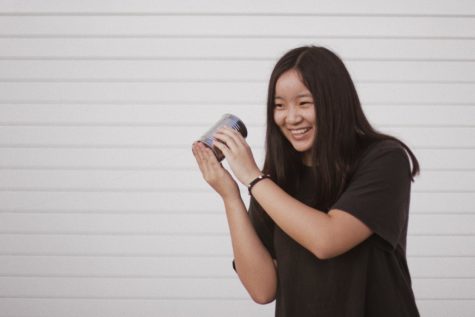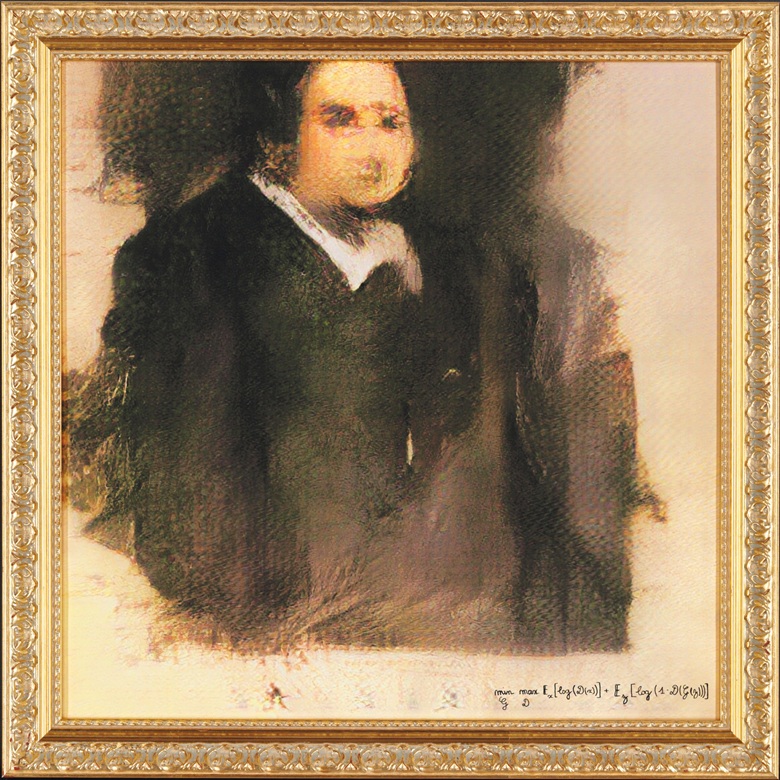Artificial Intelligence Redefined Musical and Artistic Pieces in 2018
“Portrait of Edmond Belamy” has been both criticized by members of the artistic community for lacking creativity and praised for its tribute to 17th-century portraits.
Art needs no justification apart from the artists’ visions, but 2017 and 2018 made way for a new wave of entertainment in the music and art industries; these artists are artificial intelligence (AI) programmed to compose and paint just as well as human counterparts.
AI startup companies Amper and Artificial Intelligence Virtual Artist (Aiva) have hundreds of royalty-free samples that musicians ranging from advanced composers to amateurs can access and revamp into their own musical styles.
Aiva specializes in composing classical music, with several singles. The album “Genesis” has also been available since 2016. According to AI Business, France and Luxembourg authors’ right society recognized Aiva as the first AI composer.
On Aug. 21, 2017, Amper worked with YouTuber and musician Taryn Southern to produce her album “I AM AI,” the world’s first album produced in part by AI. Southern rearranged the songs, especially the title track “Break Free,” to suit her style after Amper composed the instrumentals. The engineers and founders intended for Amper to collaborate with human artists for a greater variety of sounds.
“We want that collaborative experience to propel the creative process forward,” Amper co-founder and film composer Drew Silverstein said in an interview with TechCrunch. “If we’re going to do that, we have to teach computers to be intrinsically creative.”
In October 2018, Christie’s New York auctioned the first oil painting generated by an algorithm, “Portrait of Edmond Belamy,” for $432,500, according to Time. The Parisian trio behind the painting, collectively known as Obvious, do not have a background in art but rather business and mechanics.
Obvious has experimented with portraits and the novelty of AI painting previously, yet the staggering winning bid was the trio’s breakthrough into the mainstream art scene.
“AI has already been incorporated as a tool by contemporary artists, and as this technology further develops, we are excited to participate in these continued conversations” Christie’s international head of prints and multiples department Richard Lloyd said in an interview with BBC.
Fervent patrons of Obvious, Amper, Aiva and similar AI startups have transitioned art into a new market where humans work alongside AI to provide more original content.
“AI is just one of several technologies that will have an impact on the art market of the future – although it is far too early to predict what those changes might be,” Lloyd said in an interview with Time.
Your donation will support the student journalists of Portola High School. Your contribution will allow us to purchase equipment and cover our annual website hosting costs.

Jane Zou is a staff writer and resident cartoonist for the Portola Pilot. As one of the few sophomores in the production, Jane is excited to contribute...




